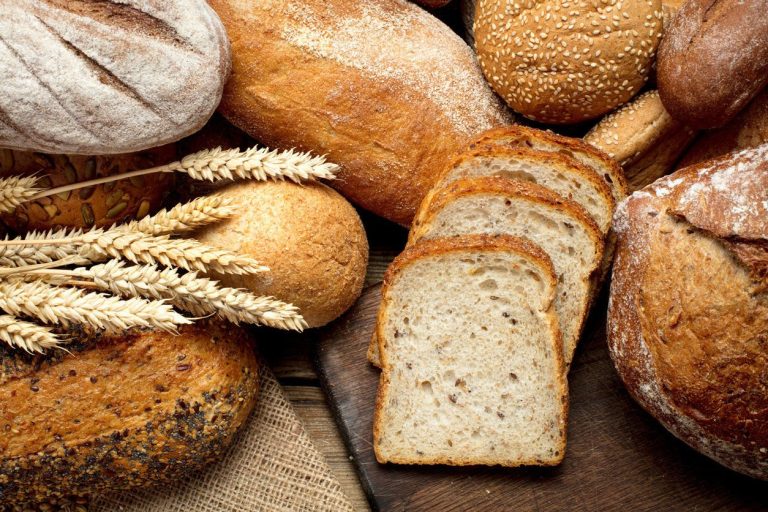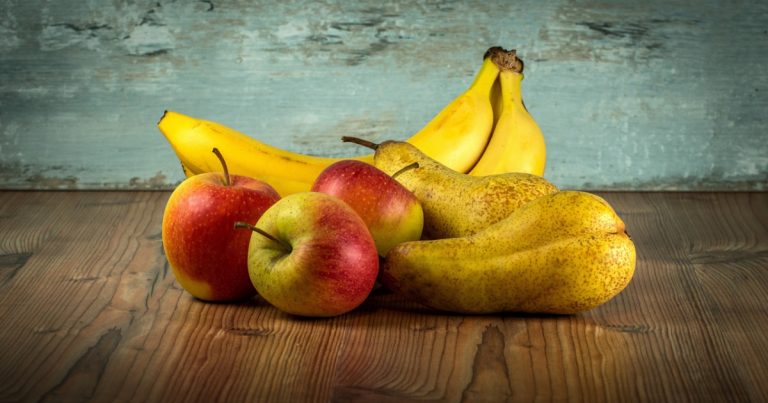Freeze potatoes? That’s the first thought when you’ve cooked too many potatoes again. But it’s not that easy to freeze potatoes.
Freeze raw potatoes?

Unfortunately, raw potatoes are not suitable for freezing. The low temperatures in the freezer turn starch into sugar – so the potatoes would taste much sweeter. This is not harmful to health, but the taste is very unusual. In addition, freezing destroys the cell structure. As a result, potatoes will look glassy and mushy after thawing.
Freeze boiled potatoes
In principle, however, you can freeze boiled potatoes: peeled, whole or in small pieces, you can use them after defrosting to make soup or mashed potatoes. Nevertheless, the consistency changes even when cooked, so you should really only freeze potatoes in an emergency.
However, the situation is different if you freeze the potatoes in their processed state: you can freeze potato soup and mashed potatoes without any problems, without the taste or consistency changing.
By the way, bought fries and croquettes keep so well in the freezer because they have been shock-frozen.
Instead of freezing: store potatoes properly

Freezing potatoes helps prevent potential food waste, but it’s not recommended. Because the freezer consumes a lot of energy and if the potatoes are not processed into mashed potatoes or potato soup, the consistency also suffers. If you want to preserve potatoes for a long time, a dry, cool and dark environment is ideal – for example the cellar. You can store potatoes there for months.
If you don’t have a basement or similar place for the potatoes, you should only buy small quantities. In vegetable and organic shops, potatoes are sold individually and not just in a large kilo sack. This is a much more effective way of preventing food waste.












